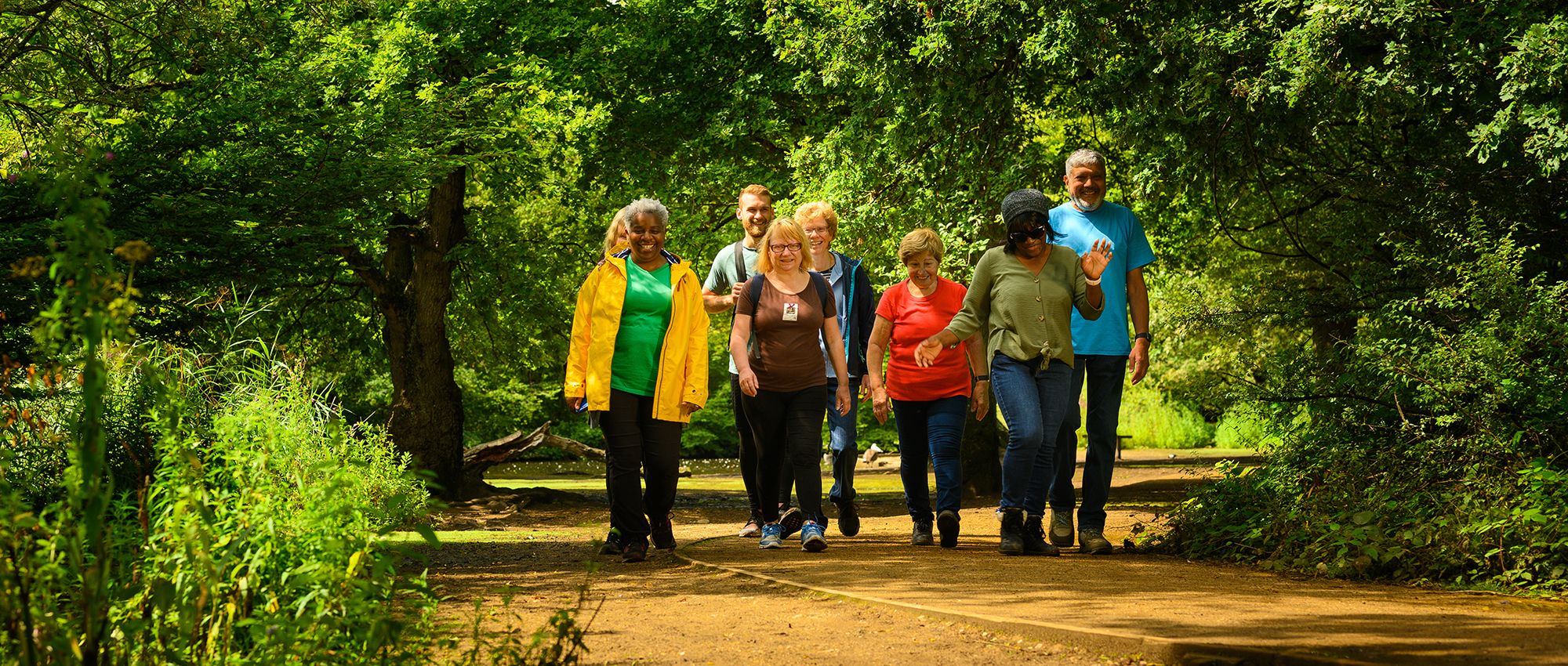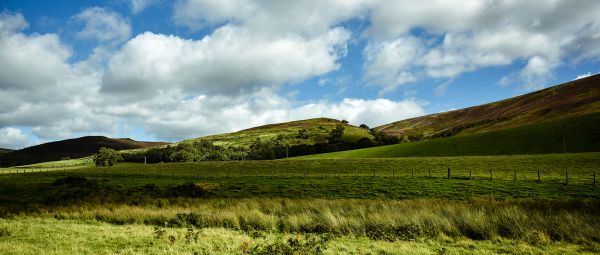An attack on nature and our connection to it?
Environmental Land Management could connect more people with nature. But its future may be in jeopardy.

29 September 2022
In recent days, the UK government has stoked widespread anger from the environment sector with announcements proposing the relaxation of planning rules in new ‘Investment Zones’, a ‘bonfire’ of environmental protections and a renewed interest in fracking.
Coinciding with this have been reports that the government may be on the verge of scaling back its plans for a new system of funding for farmers in England, known as Environmental Land Management, or ELM. If these turn out to be true, it could spell the end of one of the few prospects on the horizon to help more people get outdoors and connect with nature.
The government has tried to reassure the sector by stating that it is “looking at the frameworks for regulation, innovation and investment that impact farmers and land managers, to make sure that our policies are best placed to both boost food production and protect the environment”. The nature of this review remains unclear.
Why is ELM important to walkers?
Heralded as one of the benefits of leaving the EU, ELM is supposed to replace EU subsidies in England – criticised by the government, as poor value for money for taxpayers – with a new approach underpinned by the idea of ‘public payments for public goods’.
This means farmers and land managers only receiving funding from the public purse if they enhance the environment, help nature to recover and improve public access above and beyond their minimum legal duties to keep public rights of way on their land clear.
ELM would see farmers given support to protect and restore wildlife habitats, plant trees, improve soil health – and most importantly for walkers, improve public access.
Given the scale of public funding earmarked for the farming sector (over £2.4bn per year) and ever-increasing pressures on the nation’s finances, it is only right that a new system of financial support delivers tangible benefits for wider society.
Any hint of a change in direction is a huge concern, particularly given previous government promises that public access would be one of the public goods supported by the ELM regime.
Lord Benyon, who remains a Defra minister, has previously said:
“There is an imperative, which has been particularly noticed during the Covid lockdown periods, when more people sought access to our countryside. We want to see that continue and be encouraged. That is why, in the schemes that we are bringing forward under environmental land management, there will be a very clear access commitment, backed by funding.”
Time for progress, not reverse
We have already provided the UK government with clear suggestions for how ELM could be structured so that it helps tackle some of the main barriers that prevent more people from getting outdoors and all the benefits we know this brings. Our suggestions have included payments for:
- Improving the accessibility of existing public rights of way, with better signage, surfacing and fewer physical barriers such as stiles.
- Providing new paths where there is a clear need, such as at edges of towns and cities, as alternatives to busy country roads or to fill gaps in the network to create new circular routes.
Tell the UK government to stay the course
There is so much to gain from an approach to ELM with public access at its heart. Reports of a ‘review’ of the plans have understandably caused alarm, but ministers must instead re-focus efforts on delivering a regime that really delivers for farmers and the public.
Together, we need to make it clear to the government that protecting nature and people’s access to it is vital. Environmental Land Management, with public access at its heart, must go ahead.
Write to your MP and the UK government
What about Scotland and Wales?
Environmental Land Management schemes only affect England, with the issue devolved to the governments in Scotland and Wales.
Ramblers Scotland supports Scottish Environment LINK’s Farm for Scotland's Future campaign, which calls upon the Scottish Government to replace the decades-old system of farm funding with one that supports access, restores nature, tackles climate change and revitalises rural areas.
Ramblers Cymru have long been campaigning for public access to be part of the Agriculture (Wales) Bill. That bill was published this week and, in a win for our campaigning, ‘maintaining and enhancing public access to the countryside’ is on the face of the Bill as one of its purposes.

Agricultural reform
Changes to farming policy are a great opportunity to strengthen our connection to the natural world.

Campaign with us - protect the places we walk
Walking is a simple pleasure that should be open to everyone, so we campaign to remove barriers to walking and we protect the places we love to wander.